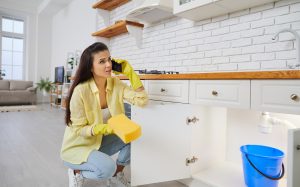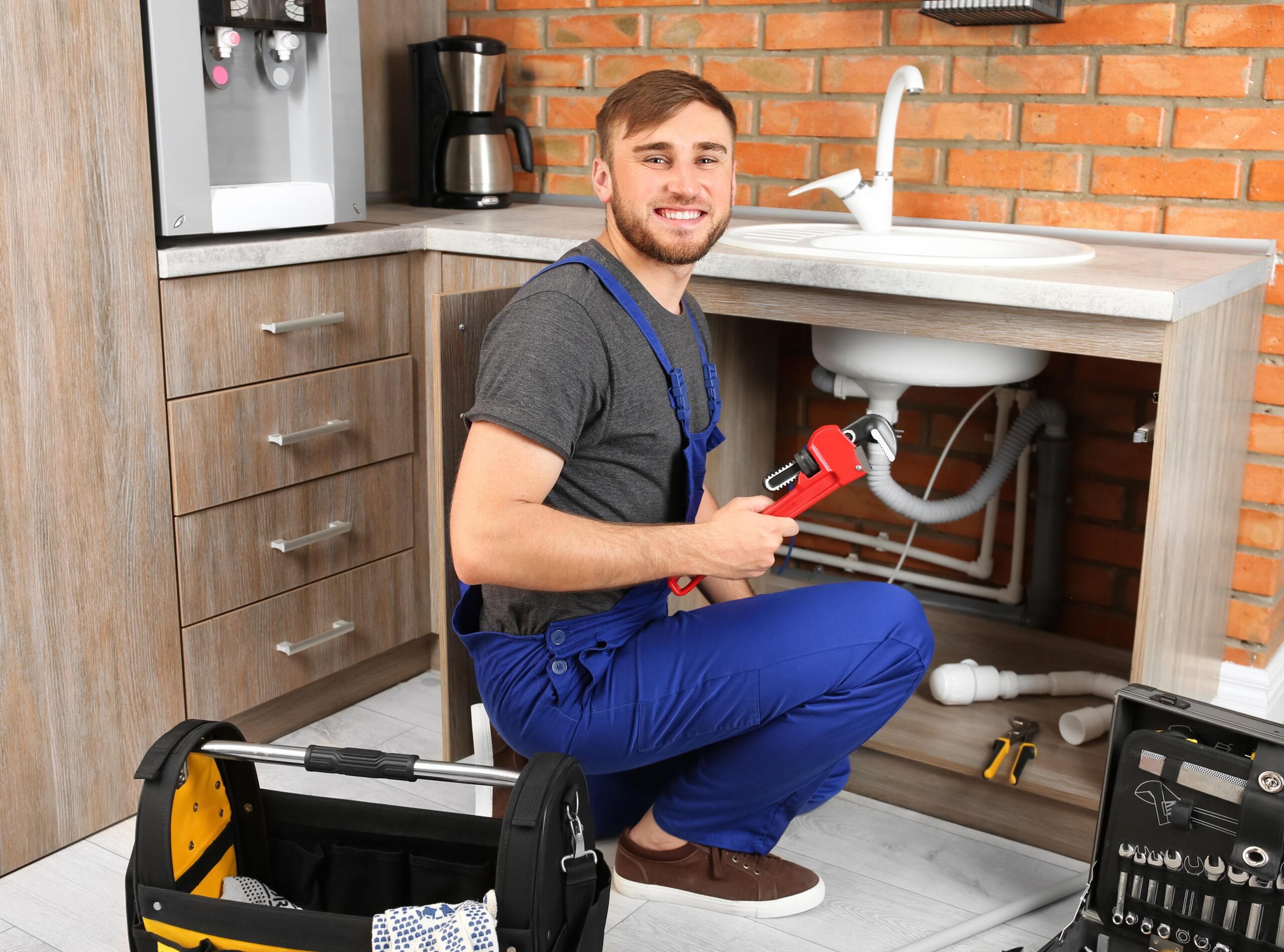Indeed, a plumbing emergency can be a homeowner's worst nightmare. Whether it's a burst pipe, a clogged drain, or a malfunctioning water heater, knowing what to do in a plumbing emergency can save you time, money, and stress.
Quick and effective action is crucial to minimize damage and restore normalcy. Here's a step-by-step guide on what to do in a plumbing emergency. Continue reading to learn how to protect your home!
Assess the situation
The first thing to do in a plumbing emergency is to assess the situation. Determine the severity of the problem. Is water leaking rapidly, or is it a slow drip? Is there a risk of flooding, or is it a contained issue? Understanding the scope of the problem will help you take the appropriate next steps.
Shut off the water supply
In most plumbing emergencies, the immediate action is to shut off the water supply. Locate the main water valve in your home and turn it off to prevent further damage. You can usually find a shut-off valve near the fixture for localized issues, such as a leaking sink or toilet.
Turn off the power
If water leaks near electrical appliances or outlets, turning off the power to the affected area is crucial. Water and electricity are dangerous, and taking this step can prevent electrical shocks and fires.
Contain the leak
Use towels, buckets, or other materials to minimize the leak and water damage. Place a bucket underneath to catch the water if the leak comes from a specific fixture. This will help prevent damage to your home's floors, walls, and other areas.

Contact a professional
Once you've contained the situation, it's time to contact a professional plumber. If you're in the Tucson area, consider contacting Tucson's emergency plumbers for quick and reliable service to handle any plumbing emergency.
While waiting for the plumber to arrive, try to clear the area around the problem. Move any furniture or items that could be damaged by water. Keep children and pets away from the affected area to ensure their safety.
Understanding when to call a professional can make a big difference in a plumbing emergency. If you're unsure about the severity of the problem or if you can't contain the leak, it's always best to seek professional help. Many places have emergency plumbers available 24/7 to provide the assistance you need.
Following these steps can help you effectively manage a plumbing emergency and minimize its impact on your home. Preparing and knowing what to do in a plumbing emergency can save you time, money, and stress.
How to avoid plumbing disasters at home
Preventing plumbing emergencies involves regular maintenance, timely repairs, and good habits. Here are some practical steps to help you avoid them:
Regular inspections
Schedule annual inspections with a licensed plumber to identify potential issues before they become emergencies. Periodically check for leaks, drips, and signs of wear and tear in visible pipes, faucets, and fixtures.
Proper maintenance
Use drain cleaners or natural solutions like baking soda and vinegar to keep drains clear and prevent clogs. Ensure your water pressure is within the recommended range, as high water pressure can strain pipes and fixtures. Lastly, remember to flush your water heater annually to remove sediment buildup and check the pressure relief valve for proper function.
Be mindful of what goes down the drain
Avoid pouring grease, oil, and food scraps down the kitchen sink. Use a strainer to catch debris.
To avoid clogging your toilets, only flush toilet paper and human waste. Don't flush items like wipes, sanitary products, and paper towels.
Protect pipes
Insulate exposed pipes, especially in colder areas of your home, to prevent freezing and bursting during winter. Moreover, address even minor leaks quickly to prevent them from becoming larger, more costly problems.
Know your plumbing system
Know where the main water shut-off valve and individual shut-off valves for toilets, sinks, and appliances are located. If you're not already doing so, you must also monitor water bills. Unusually high bills can indicate hidden leaks. Investigate any sudden increases in water usage.
Use quality fixtures and materials
To ensure longevity and reliability, use high-quality fixtures and plumbing materials that meet or exceed industry standards. Next, hire qualified professionals. When installing or repairing plumbing, always use licensed and experienced plumbers.
Educate household members
Teach everyone about properly using plumbing fixtures and the importance of not disposing of inappropriate items down drains and toilets. Ensure all household members know how to shut off the water supply in an emergency.
Install preventative devices
Install water alarms in high-risk areas such as basements, near water heaters, and under sinks to alert you to leaks. If your home's water pressure is too high, you'll also need a pressure regulator on your main water line.
Schedule seasonal preparations
Your home's plumbing needs may vary per season. For instance, you must winterize your outdoor faucets. Disconnect and drain garden hoses and cover outdoor faucets to protect them from freezing temperatures. If you're going on a long trip, turn off the main water supply to prevent damage from potential leaks while you're away.
Following these preventative measures can significantly reduce the risk of plumbing emergencies and maintain a safe, efficient plumbing system in your home.
Conclusion
Knowing what to do in a plumbing emergency can help you stay calm and take effective action. Assessing the situation, shutting off the water supply, and contacting a professional can minimise damage and ensure a quick resolution. Remember, the key to handling any emergency is to be prepared and know where to turn for help. Call us now for expert plumbing assistance and avoid the hassle!

